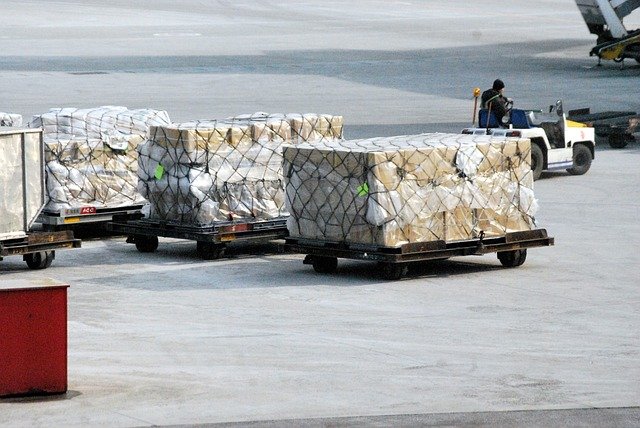
-
The Bureau of Customs is now processing low-value air express shipments via the electronic-to-mobile system informal entry system
-
An April 13 memo from Commissioner Rey Leonardo Guerrero said the system only covers low-value dutiable shipments (goods of commercial nature with Free on Board or Free Carrier value of more than P10,000 but less than P50,000)
-
Excluded from the system are other procedures (correspondence and documents; de minimis or low-value, non-dutiable shipments; and high-value shipments)
The informal entry system for low-value dutiable air express shipments is now being implemented by the Bureau of Customs via the Electronic-to-Mobile (E2M) System. The system specifically covers goods of commercial nature with Free on Board (FOB) or Free Carrier (FCA) value of more than P10,000 but less than P50,000, Customs commissioner Rey Leonardo Guerrero said in a memo dated April 13.
Implementation began on April 19.
Procedures other than low-value dutiable express shipments are not yet included in the system, the memo added. These other procedures are correspondence and documents; de minimis or low-value, non-dutiable shipments; and high-value shipments.
Guerrero said the order is in compliance with Customs Memorandum Order (CMO) No. 09-2021, which executes Customs Administrative Order (CAO) No. 05-2020.
READ: BOC issues rules on air express clearance, accreditation of operators
CMO 05-2020 provides procedures for the transport, documentation, and clearance of express shipments in all Philippine airports under Section 439 (Express shipment) and other related provisions of the Customs Modernization and Tariff Act.
Under CMO 09-2021, air express cargo operators (AECO) should electronically submit in advance the true and complete copy of the electronic inward foreign cargo manifest (e-IFCM) at least one hour before arrival of aircraft coming from Asia and at least four hours before arrival of aircraft coming from other continents.
The electronic consolidated inward foreign cargo manifest (e-CIFCM), on the other hand, should be submitted one hour after arrival of the aircraft if the e-IFCM was submitted within the prescribed period.
If the e-IFCM is submitted late, the e-CIFCM will be accepted without penalty if submitted in the customs systems not exceeding 24 hours after the e-CIFCM is registered with the Office of the Deputy Collector for Operations. This same privilege will apply in case the e-IFCMs are not validated on time, such as due to system errors.
Cargoes not listed in the IFCM will be duly covered by a supplemental manifest which will be submitted within six hours upon arrival of the aircraft.
Supplemental IFCM will be submitted in hard copies and electronic form within the prescribed period under CAO 05-2020. Otherwise, the shipments listed in the supplemental IFCM will be considered as unmanifested and subject to seizure proceedings.
Unmanifested goods will be subject to penalties under the applicable customs order.
All shipments should undergo non-intrusive scanning prior to clearance.
In all cases, the rules and regulations for regulated, restricted, and prohibited goods will apply.
All export shipments, meanwhile, should be covered by an export declaration electronically lodged in BOC’s automated system. All export manifests must be submitted to BOC within 24 hours after the actual departure of the aircraft.
For transshipment, the transfer from aircraft to the designated customs facilities and warehouses (CFW) and from the CFW to the aircraft for loading of all express shipments destined for other countries will be supervised by a customs officer, as will be other safeguard measures meant to prevent diversion of goods to the domestic market or commingling with other goods destined to the Philippines.
Mis-sorted or misrouted shipments may be returned to the shipper without payment of duties, taxes, and other charges under certain circumstances enumerated in CMO 09- 2021.
Until it can establish a facility and implement an information and communications technology-enabled system for advance lodgment and clearance, and clearance and monitoring, the air express cargo operator or AECO should implement an automated system that will monitor the movement of shipments and can receive and process e-IFM, electronic transshipment foreign cargo manifest, e-CIFCM, and electronic outward foreign cargo manifest.
And until BOC develops and implements a new customs processing system, the agency will allow, in the meantime, the AECO to lodge and clear the express shipments using existing customs clearance procedure. – Roumina Pablo




